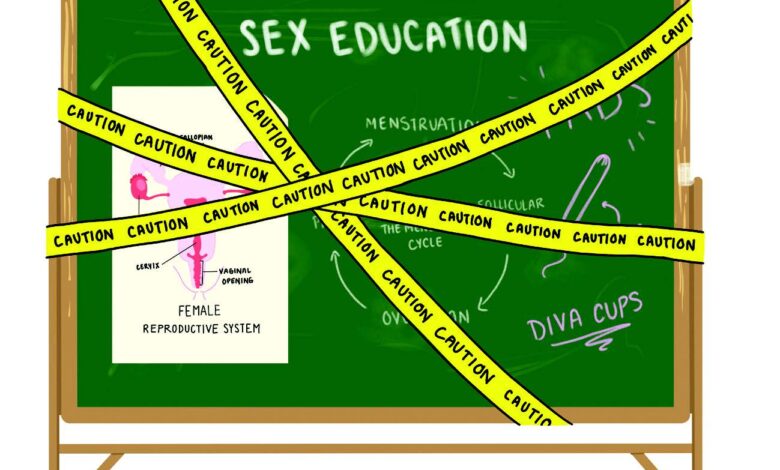
Florida’s new bill may restrict speech about menstrual cycles
By Felicia Roehm
I REMEMBER, when entering middle school, the principal and vice principal spoke to all the elementary school students about the classes they will have to take and what to expect when entering the new environment.
We were all required to take health, which included sex education, and I remember my teachers in elementary schools talking to the students about puberty in class as well.
It is not uncommon for students to take health class, but Florida is trying to pass a bill that will ban young women from talking about their menstrual cycles, and other topics of sexuality before the sixth grade.
The Associated Press reported in an article that the bill “would restrict public school instruction on human sexuality, sexually transmitted diseases and related topics to grades 6 through 12.”
Republican Rep. Stan McClain, who sponsored the bill, also confirmed that the bill would still limit the discussion of periods in grades six through 12.
Democrat Rep. Ashley Gantt taught in public schools and noted that girls as young as 10 can get their period. She asked McClain, “So if little girls experience their menstrual cycle in 5th grade or 4th grade, will that prohibit conversations from them since they are in the grade lower than sixth grade?”
McClain responded, “It would.”
He said the intention of the bill was to bring consistency and uniformity across all schools in Florida. McClain also said the bill could allow parents to oppose any school resources or materials that they find inappropriate.
Gantt also asked McClain if teachers could get in trouble if they speak to young students about menstrual cycles. Gantt responded that that is not the intention of the bill; however, this bill would affect the 67 school districts and all the young women living in Florida.
Menstrual cycles are completely normal and natural as it is part of growing up. If a young girl just started her cycle, she should be able to discuss it with a higher authority at school, especially if she is confused or has any concerns.
On an Instagram video, Gantt said, “Imagine a little girl in fourth grade, going to the bathroom and finding blood in her panties and thinking that she is dying. She doesn’t actually know what’s going on. And her teacher does not even have the ability to tell her that this is a part of life.”
Women’s health should be a priority and without the education or knowledge it leaves women at risk for future health issues.
Even though McClain would like all the districts to have consistency, the uniformity should include a curriculum about sexual and menstrual health. Each district should have the opportunity to teach students about their health and wellness because it is vital information that will affect them for the rest of their lives.



